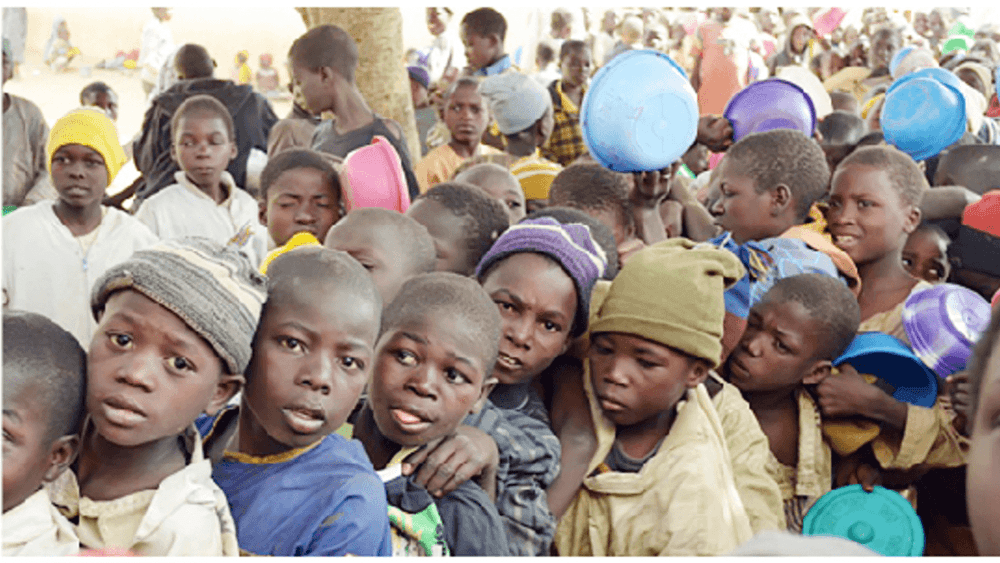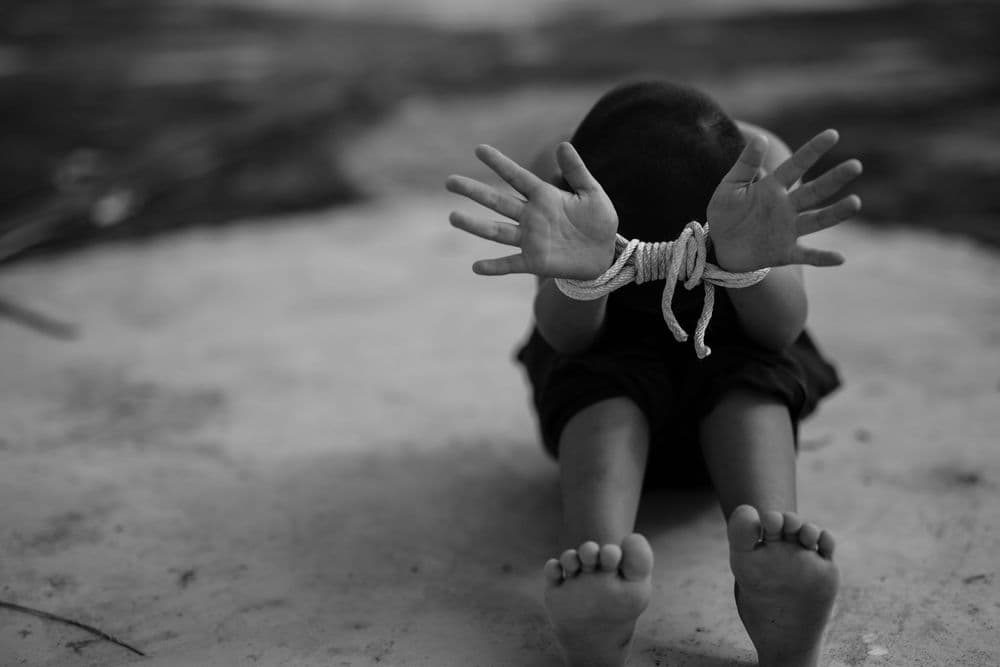Stay Informed
Join our newsletter to receive updates about our mission, impact stories, and ways you can help make a difference.

The Almajiri system is one of the oldest forms of traditional Islamic education in Northern Nigeria. The term Almajiri comes from the Arabic word al-Muhajirun, meaning “a seeker of knowledge who leaves home in pursuit of learning.” For centuries, this system produced respected scholars, leaders, and community guides.
• Historical Roots
The Al Majiri system dates back to the era of the Kanem-Borno Empire and later flourished under the Sokoto Caliphate. Young boys were sent to Islamic teachers (mallams) to study the Qur’an, Arabic, and Islamic law. Importantly, the community supported these students by providing food and shelter, making it a dignified and respected institution.
• How It Changed
The decline of the Almajiri system began during the colonial period when the British withdrew funding and community support dwindled. Without resources, many teachers and students were left to survive on their own. Over time, the system shifted from being a center of knowledge to one associated with poverty and hardship.
• The Situation Today
For millions of children in Northern Nigeria, being an Almajiri now often means:
- Street Begging: Many Almajiri children are forced to beg daily for food and money, leaving them vulnerable to hunger, abuse, and exploitation.
- Sexual exploitation of Almajiri children—both boys and girls—has been documented, though it is often underreported due to stigma, cultural taboos, and lack of child protection systems in Northern Nigeria. Pedophiles take advantage of these prepubescent children.
- Lost Education Opportunities: They miss out on basic literacy, numeracy, and life skills, which are essential for their future.
- Health and Safety Risks: Living on the streets exposes them to disease, neglect, and sometimes recruitment by criminal or extremist groups.
- Stigma and Discrimination: Instead of being valued as learners, they are often seen as beggars or burdens.
This reality directly violates children’s rights to education, protection, and dignity as enshrined in the United Nations Convention on the Rights of the Child (CRC) and Nigeria’s Child Rights Act (2003).
• Moving Forward
The Almajiri system does not have to be abolished—it needs to be reformed. Steps that can make a difference include:
- Integrating Religious and Modern Education: Providing children with both Islamic knowledge and formal schooling.
- Community and Government Support: Ensuring that Almajiri schools receive adequate funding for food, shelter, and qualified teachers.
- Child Protection Services: Creating safe environments that protect children from abuse, exploitation, and neglect.
- Awareness and Advocacy: Changing negative perceptions and highlighting that Almajiri children are learners who deserve equal opportunities.
Conclusion
The Almajiri system began as a noble path of learning but has been weakened by neglect and lack of support. Today, millions of children suffer under conditions that deny them their rights and their futures. Reforming the system is not only an educational issue—it is a matter of child protection, social justice, and human dignity.
Every child deserves the chance to learn in safety, without hunger, and with hope for a better future.
How You Can Help
You can be part of the change:
- Donate, Give Grants: You can be a Change Agent by donating or give grants to rescue these children. Remember every child your child!
- Raise Awareness: Share this story so more people understand the struggles of Almajiri children.
- Support Policy Reform: Urge leaders to prioritize education and child protection in Northern Nigeria.
- Donate or Volunteer: Partner with organizations working to provide safe housing, food, and integrated education for Almajiri children.
- Stand for Children’s Rights: Every voice matters—your advocacy can help protect vulnerable children and restore dignity to the Almajiri system.
Together, we can ensure that no child is left on the streets when they should be in school, learning, and dreaming of a brighter tomorrow and above all, save them from being exposed to societal-ills.

Hotlines serve as a pivotal resource for individuals seeking immediate assistance across various sectors. Their effectiveness hinges on accessibility, trained personnel, and efficient call management systems

Treating adults like adults is a reasonable principle but not when the tool in question is a machine that can generate infinite child sexual abuse material on demand. OpenAI and every other AI company must understand: loosening restrictions on sexual content without ironclad safeguards is reckless.

the ethics surrounding the surveying of child abuse necessitate a careful balance between the need for data collection and the imperative of safeguarding vulnerable populations. Ethical considerations must prioritize the well-being of children, ensuring that their rights and dignity are upheld throughout the research process.


Combating child trafficking requires collective action. Organizations like ECPAT International, UNICEF, and the National Human Trafficking Hotline coordinate rescue efforts and survivor support across borders. Tech companies are implementing stronger safeguards, using machine learning to detect and remove exploitative content.

The intersection of technology and social justice has never been more critical. As AI continues to evolve, its capabilities in detecting and combating smuggling and human trafficking will further strengthen law enforcement and humanitarian efforts.


tackling child abuse in South Africa requires a multifaceted approach that involves individuals, families, communities, and the government. It calls for increased awareness, education, and active participation from all sectors of society.

The fight against child labor in Europe began in earnest during the 19th century. Social reformers, writers, and activists highlighted the plight of children working in hazardous conditions

Child sexual exploitation can be prevented through education, vigilance, and strong legal action. Key steps include teaching children body safety, monitoring online activity, reporting abuse, and supporting survivors. Community awareness and trained professionals are essential to detect and stop exploitation early.

Online gaming platforms have become a significant avenue for child sexual exploitation, with predators using in-game communication features, virtual gifts, and mentorship tactics to groom children in as little as 19 seconds, making parental awareness and active engagement in gaming crucial for protection.

Marianco is a non-profit organization dedicated to combating child trafficking, pedophilia, and exploitation. Inspired by Francisco Padilla, a former street orphan, Marianco provides comprehensive support to vulnerable children, including shelter, education, healthcare, and counseling. The organization aims to create a world where every child is safe and has the opportunity to reach their full potential. Child trafficking, pedophilia, and related forms of exploitation are pressing issues that strip millions of children of their rights, safety, and dignity. Marianco recognizes the urgency of addressing this crisis and is committed to disrupting cycles of exploitation by raising awareness, advocating for stricter laws, and creating prevention and rehabilitation programs. Their short-term goals include raising awareness, building partnerships, fundraising, developing rehabilitation centers, offering legal aid, and creating educational programs. Marianco is preparing to launch an advocacy campaign to educate communities about child trafficking and how to prevent it. With your support, Marianco can turn these plans into reality and create a world where children are safe, loved, and empowered.
Join our newsletter to receive updates about our mission, impact stories, and ways you can help make a difference.